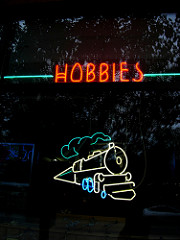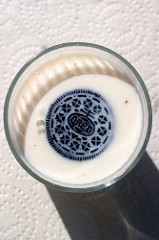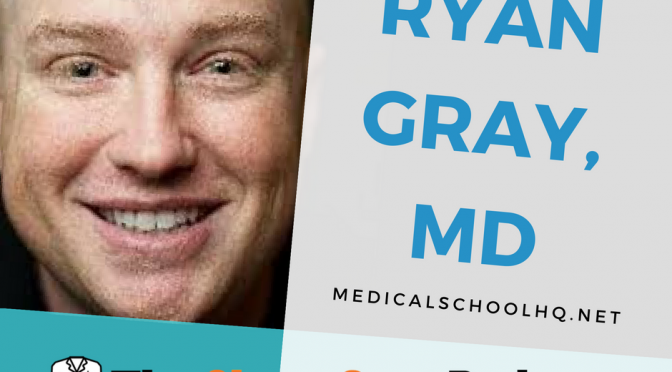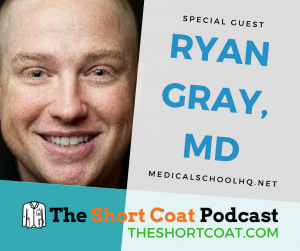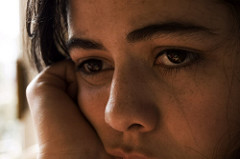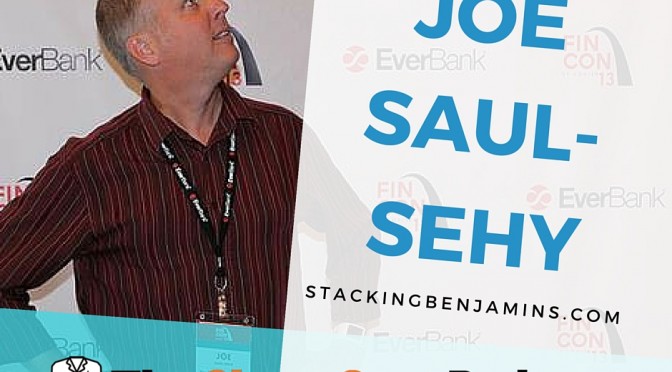Podcast: Play in new window | Download (Duration: 50:23 — 69.2MB)
Subscribe: Spotify | RSS | More


This week, Dave volunteers to wear a device that’s received a lot of buzz lately, Pavlok. It’s creator says that through classical conditioning it will help eliminate bad habits–nail biting, unhealthy eating, procrastination, for instance. It’s ubiquity on Dave’s social media feeds this past summer got Dave thinking about how much of human disease is based in behavior, bad habits. So Dave asked the company to send it’s crowdfunded, wrist-mounted electrical shocker for evaluation, and they inexplicably said yes. Aline Sandouk, Lisa Wehr, and Nick Sparr all had a crack at it, and share their experience. Along with Rachel Schenkel, they attempt to use it to teach Dave not to say “Uh.” Is it effective and worth the $169 price tag? Are its integrations with the Internet of Things or its Chrome plugin a help for those looking to kick their bad habits? Are there better, cheaper alternatives?
Also, the Affordable Care Act has begun withholding Medicaid reimbursements to hospitals based on patient satisfaction surveys, and giving bonuses to those which do well on those surveys. We explore medical education’s trade-offs in a game of what if. Hint: it turns out that our little group members are a bit mercenary.
Continue reading Shocking the Habits Away


